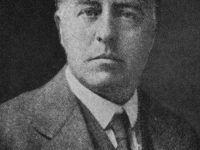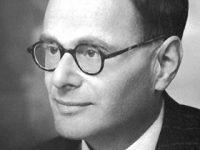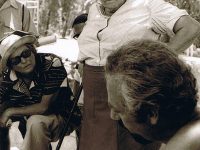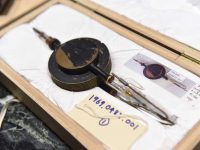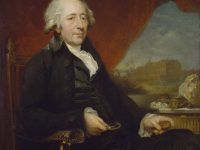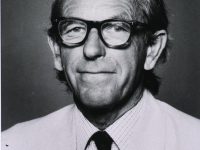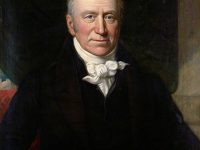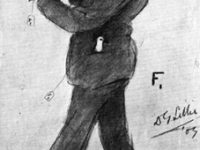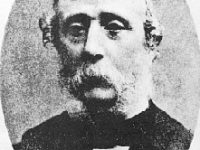James Jeans and the Theory of Continuous Creation
On September 11, 1877, English physicist, astronomer and mathematician James Hopwood Jeans was born. Jeans was the first to propose that matter is continuously created throughout the universe. He made other innovations in astronomical theory but is perhaps best known as a writer of popular books about astronomy. “The stream of knowledge is heading towards a non-mechanical reality; the Universe begins to look more like a great thought than like a great machine.…
Read more

